If you're looking for a captivating two-player board game, the mancala family offers a range of strategic experiences. Mancala games, known for their use of small stones, beans, or seeds and rows of pits or holes, are turn-based strategy games with the primary goal of capturing your opponent's pieces. Notable games within this family include oware, bao, and omweso, among others.
Our implementation features several popular mancala games, including kalah, oware, and congkak. Each game is played on a board with six small pits, known as houses, on each side, and a larger pit called an end zone or store at each end. The objective is to capture more seeds than your opponent.
Kalah Rules
1. **Setup**: The game starts with four to six seeds placed in each house.
2. **Control**: Each player manages the six houses on their side of the board. The player's score is determined by the number of seeds in the store to their right.
3. **Sowing**: Players take turns selecting a house and distributing its seeds counter-clockwise, including their own store but excluding the opponent's.
4. **Capturing**: If the last seed sown lands in an empty house owned by the player, and the opposite house contains seeds, both the last seed and the seeds in the opposite house are captured and placed in the player's store.
5. **Additional Moves**: Landing the last seed in the player's store grants an extra move, with no limit on consecutive moves per turn.
6. **End of Game**: The game concludes when one player has no seeds left in any of their houses. The other player then moves all remaining seeds to their store, and the player with the most seeds in their store wins.
Oware Rules
1. **Setup**: The game begins with four to six seeds in each house, with each player controlling the six houses on their side. The player's score is the number of seeds in the store to their right.
2. **Sowing**: Players take turns selecting a house and distributing its seeds counter-clockwise, skipping the house from which the seeds were taken and not placing seeds in the scoring houses.
3. **Capturing**: Capturing occurs when the final seed sown brings the count of an opponent's house to exactly two or three. These seeds, and potentially others in a chain reaction, are captured and placed in the player's scoring house.
4. **Compulsory Moves**: If an opponent's houses are empty, the current player must make a move that gives the opponent seeds. If impossible, the player captures all seeds in their own territory, ending the game.
5. **End of Game**: The game ends when one player captures more than half the seeds, or when both players have taken half the seeds, resulting in a draw.
What's New in the Latest Version 1.4.1
Last updated on Aug 6, 2024 - bugfixes

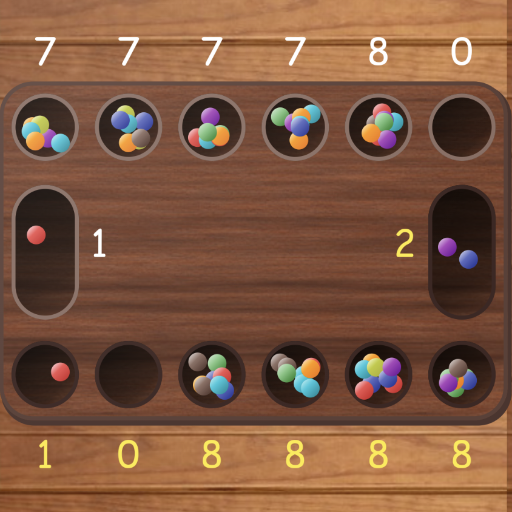
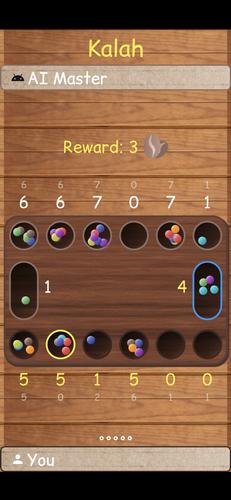


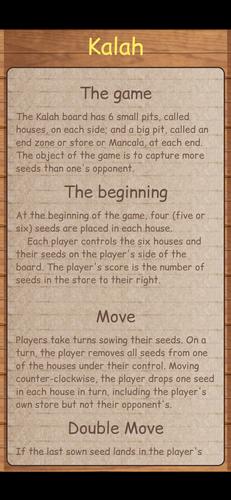


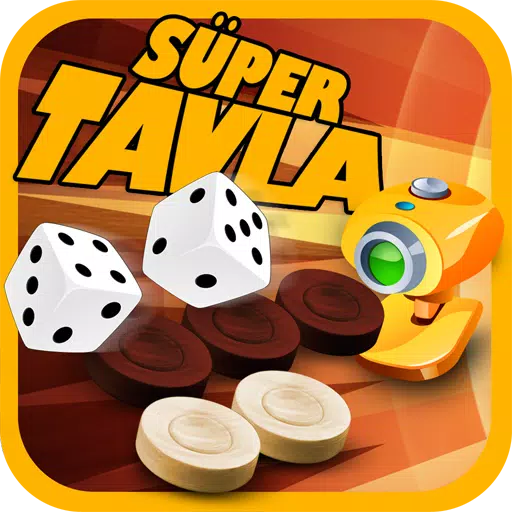







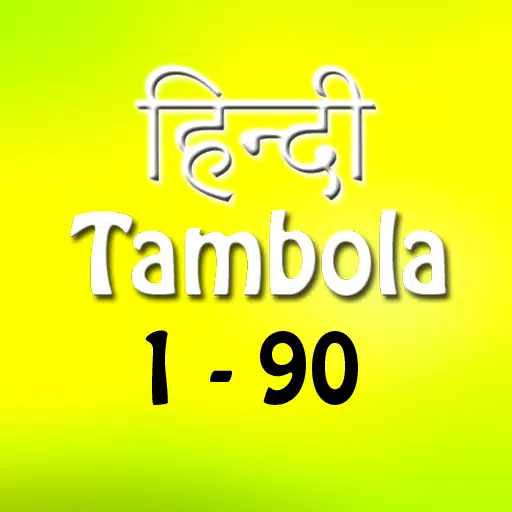
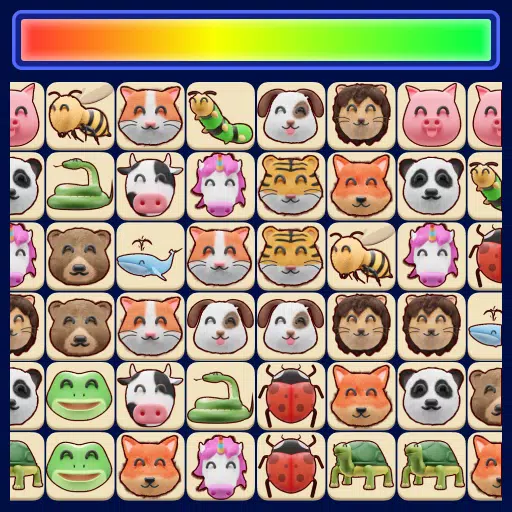

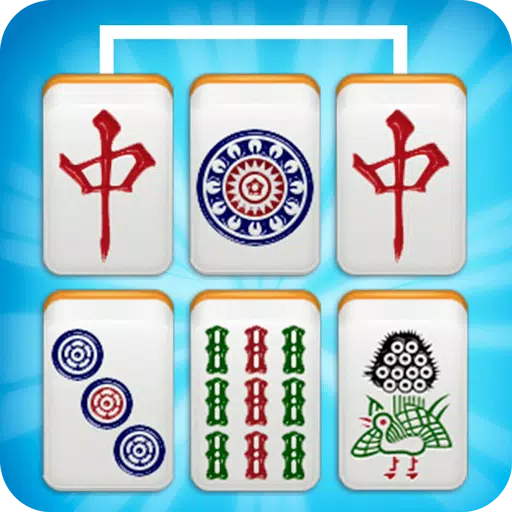


![Chubby Story [v1.4.2] (Localizations)](https://images.737c.com/uploads/85/1719638042667f981a5e9f8.jpg)


